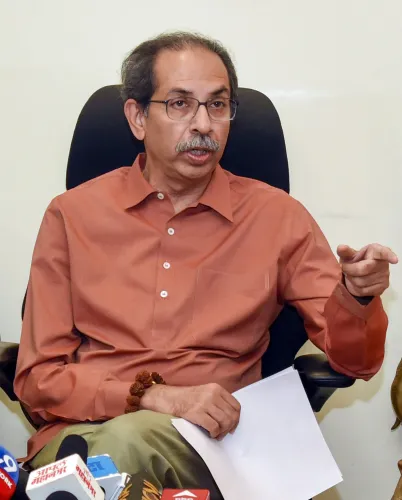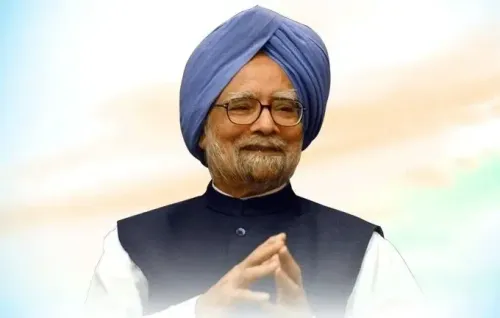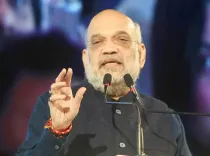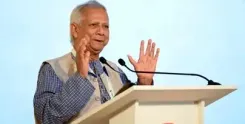Are Conglomerates Paying Dividends to Family Members through Unlisted Firms?

Synopsis
Key Takeaways
- Dividend payouts from unlisted affiliates can exceed profits.
- Corporate governance requires stricter regulations.
- Whistleblower reward systems need enhancement.
- Political instability influences economic conditions.
- Financial sanctions for suspicious transactions are necessary.
Seoul, July 13 (NationPress) Recent financial data reveals that certain family members of South Korean conglomerates have benefited from substantial dividend payouts from their unlisted subsidiaries, even in the face of a widespread economic downturn influenced by political turmoil and apprehensions regarding US tariffs.
As per audit documents available on the electronic disclosure platform managed by the Financial Supervisory Service, Samyang International Co., a non-listed subsidiary of GS Group involved in the golf and tobacco sectors, disbursed a remarkable total of 10 billion won (approximately $7.25 million) in dividends over the last year.
This payout exceeded the company’s annual net profit of 9.19 billion won, according to reports from Yonhap news agency.
Out of the 10 billion won, it is estimated that 8.2 billion won was allocated to three members of the founding family of GS Group, including Huh Joon-hong, the principal shareholder and the heir to the conglomerate.
Huh and his family have also benefited from dividends totaling 13.2 billion won from two other unlisted companies, including Samjoung Development Co.
Additionally, K Cube Holdings Co., a firm entirely owned by Kakao Corp. founder Kim Beom-su, opted to distribute 15 billion won in dividends despite reporting a net loss of 3.35 billion won last year.
Gwangyoung Construction Co., an unlisted subsidiary of the real estate heavyweight Booyoung Group, recently allocated 16.3 billion won to Chairman Lee Joong-keun and 3.2 billion won to his eldest son, Lee Sung-hoon, despite the company's net profit being only 14.7 billion won last year.
Experts have highlighted the necessity for the government to impose stricter regulations on corporate governance and enhance the oversight roles of boards at unlisted entities.
"It is crucial to strengthen financial penalties for dubious transactions occurring between listed and unlisted firms," stated Lee Hyo-seob, a researcher from the Korea Capital Market Institute. "Moreover, the reward systems for whistleblowers must see significant improvements."










